When I used to get home from a holiday, I would get my photos developed and spend time looking at them to relive some cherished moments, put them in albums and write captions. Now my holidays tend to be the “holy days” of poetry retreats and the days following tend to be immersed in poetry.
I was fortunate enough and healthy enough I figured, to attend a a non-residential retreat last weekend with poet Ellen Bass who came from Santa Cruz to Annie’s Acre in Nanoose Bay. I was anxious about the physical challenges I would have and then, as the time drew closer, I became excited about being in a community of poets again.
I actually drove myself on the two days the car was available to me, walked on uneven ground (there’s a metaphor for the writing life!) and made it up the front steps of Tina and Patty’s house for meal time. (Tina Biello is a poet who hosts poetry retreats at her home, and her partner Patty’s, called Annie’s Acre.)
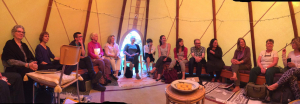 In the tipi where twenty of us gathered, I sat on a chair with my left leg elevated on another chair. That was a good plan that worked out well.
In the tipi where twenty of us gathered, I sat on a chair with my left leg elevated on another chair. That was a good plan that worked out well.
Last year, Tina had the good idea to invite Ellen Bass to come to Nanoose Bay and give a poetry workshop. Why not, I thought. What could be the worst that could happen, possibly a “no”? As it turned out, Ellen said yes and the whole retreat echoed that “yes.”
As I lead writing circles, I’m always aware of the space created for exploration and discovery. Supportive and respectful guidelines create that welcoming, non-judgmental, compassionate space. I’m grateful for the guidelines Ellen offered. There were some she didn’t mention that I had read in an article she contributed to an anthology called Women on Poetry: Writing, Revising, Publication and Teaching edited by Carol Smallwood et al (McFarland & Company, 2012).
For instance, Ellen wrote in her article: “Writing and sharing writing is a vulnerable experience for many people and students usually settle in more comfortably if they know what to expect.” This is in relation to saying what you’re going to do, as leader or teacher, and then doing it.
Starting and ending on time sounds simple and is very important. As Ellen writes: “Again, writing is vulnerable. And having clear boundaries helps people to be comfortable in a vulnerable situation.”
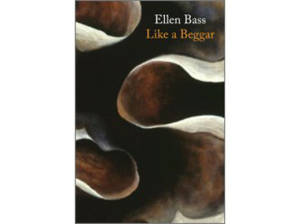 In Ellen’s workshops, no subject is taboo. If someone asks if a particular subject is okay, she answers “with a resounding ‘yes’.”
In Ellen’s workshops, no subject is taboo. If someone asks if a particular subject is okay, she answers “with a resounding ‘yes’.”
In the circle, when we heard the just-written poems of others, we spoke about what we admired about them. Such a confidence and courage building practice. Yes, yes, yes. Offering comments to other poets, also helped hone our listening skills.
Ellen suggested we take longer to write and not to rush through it. “Everything gets interesting if you take more time with it,” she said. I remember Lee Maracle saying something similar many years ago in a fiction writing workshop: “Slow the picture down.” Going slowly gives the opportunity for more detail and more remembering.
One of our first writing practices was to write down ten observations from our day. It seems to me that this is a good awareness practice, to taste those observations twice by writing them down.
One bird starts off the morning chorus.
Spiders will listen as you talk to them.
Izzy, our youngest cat, is curious yet cautious.
“Take a story you know well and be open to a new discovery,” Ellen advised. I did that with a poem I wrote about receiving the surgeon’s plan about treatment and surgery for cancer. My discovery at the end was the word “ravenous” as I realized I had become ravenous for life.
In an interview with Mark Matousek that I found online, Ellen said: “There’s a primitive need in all of us to try and understand the basic questions that poetry addresses. Who are we? Where do we come from? Where are we going? What is life about? [I realized that] writing is a way to come into more direct contact with reality . . . there is great value in trying to apprehend experience itself instead of our ideas about it. This requires openness and curiosity.”
I appreciate her words about the writing journey: “We’re ordering chaos in a way, connecting more deeply to ourselves and what that experience really means to us.” When you write, “you get to make meaning out of experience.”
“Writing is a powerful act of healing,” Ellen said in the interview. She has found a number of reasons why writing is so effective in her over forty years of teaching experience. “One is that when you talk to someone, you are always adjusting what you say, even unconsciously and imperceptibly, to their responses. Whereas in writing, you are talking, first to yourself, without any interference from anyone else’s reaction.”
I typed up my poems in the days following the retreat and stayed in that space created while writing poetry on the weekend. It may be a space that’s difficult to enter on one’s own but once you do, you find everything waiting for you.
Have a look and listen to the poems of Ellen Bass here.

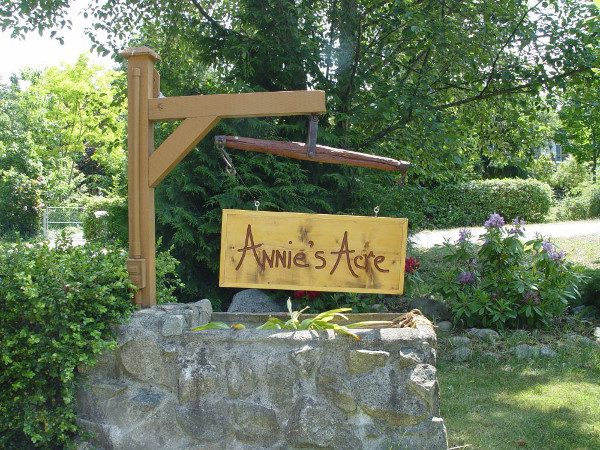
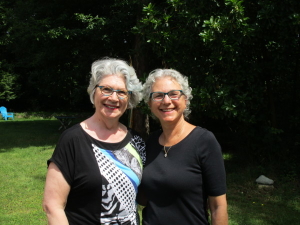
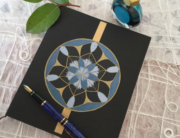
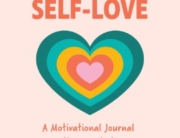
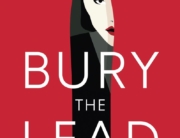
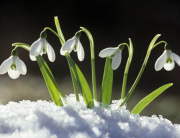
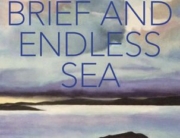
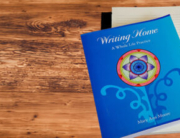
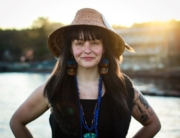
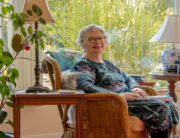

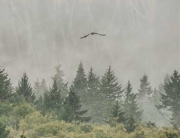
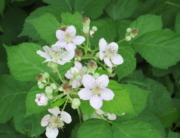
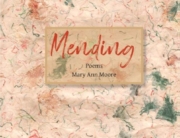
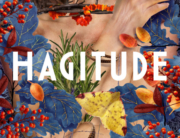
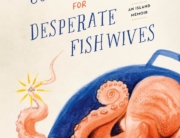
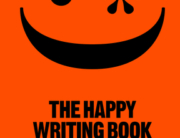
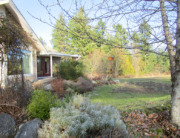
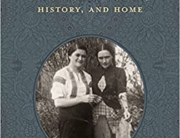
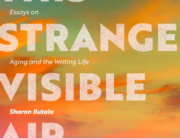
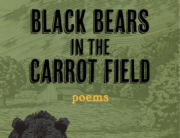
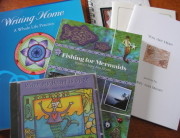
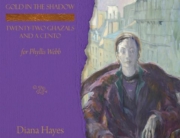


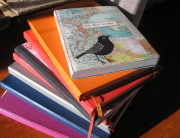
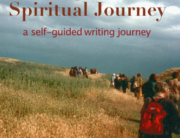
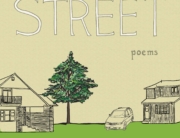
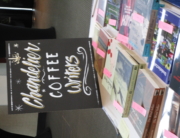
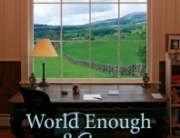
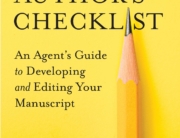
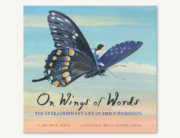

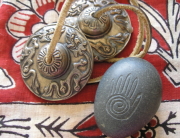
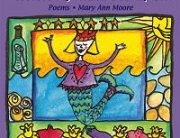
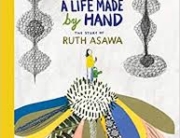
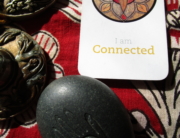
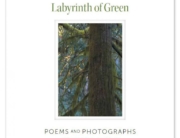
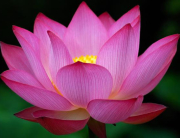
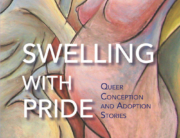
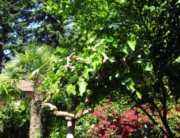
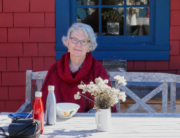
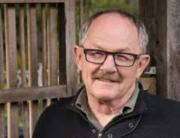
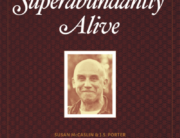
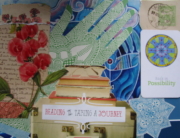
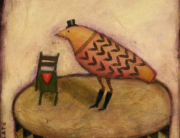
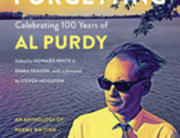
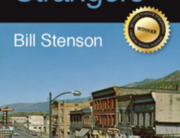
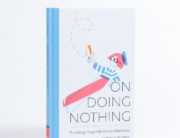
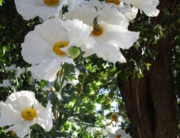
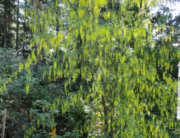
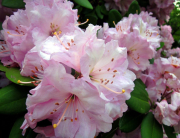
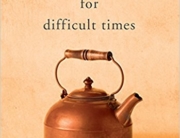
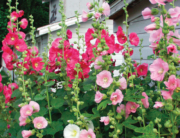
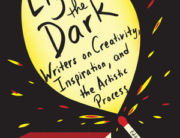
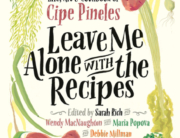
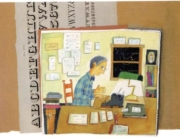
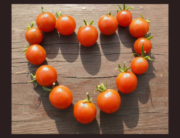
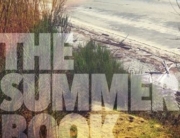

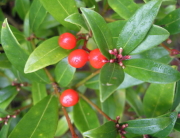
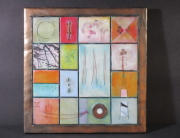

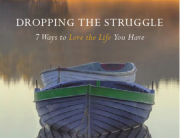
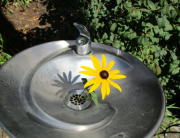
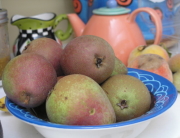
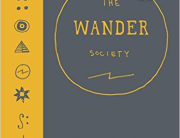

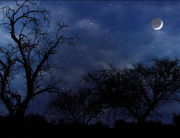

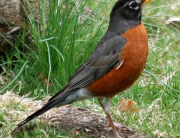
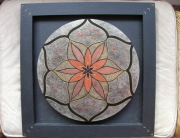
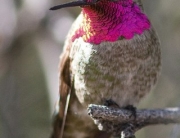
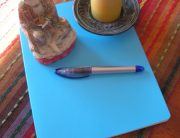

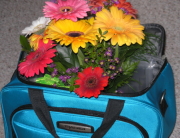
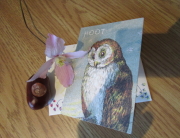
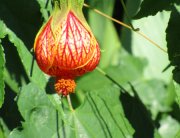
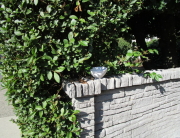
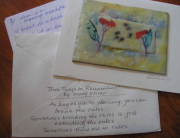


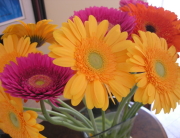

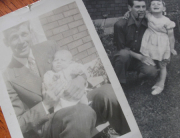
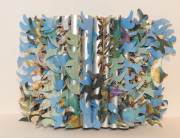


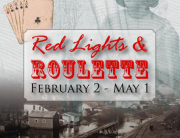
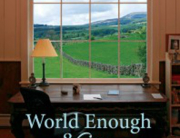
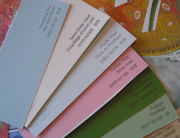

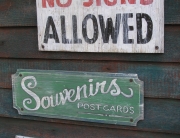

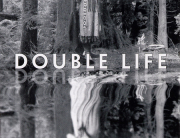

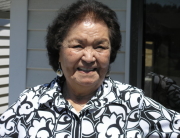
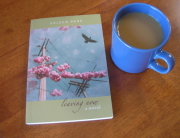
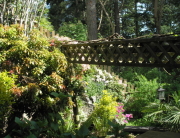
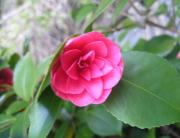

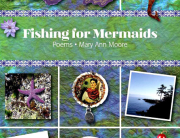
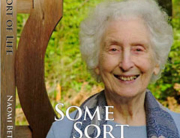
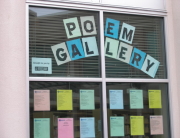
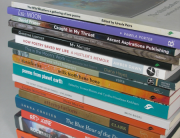

Thank you for highlighting the Poetry Retreat with Ellen Bass. A refreshing retreat review! Your insights and references really interested me. I admire how you explained the structure of writing circles and what is good practice. I especially relate to: “writing is a vulnerable experience”. What a terrific photo of you and Ellen!